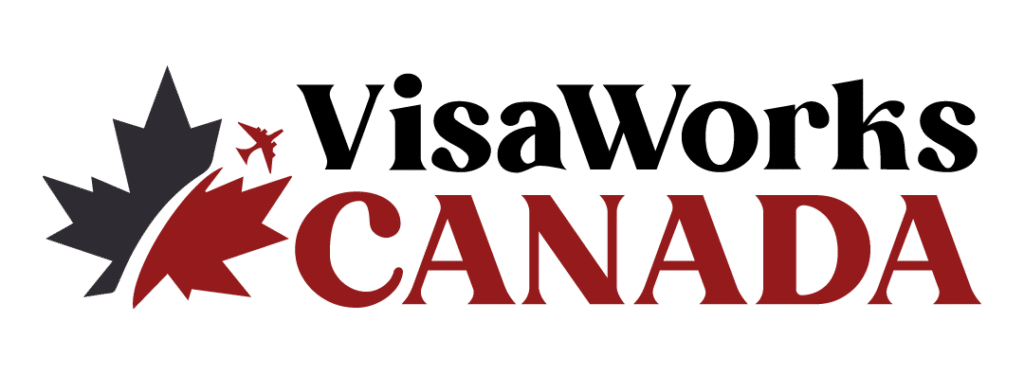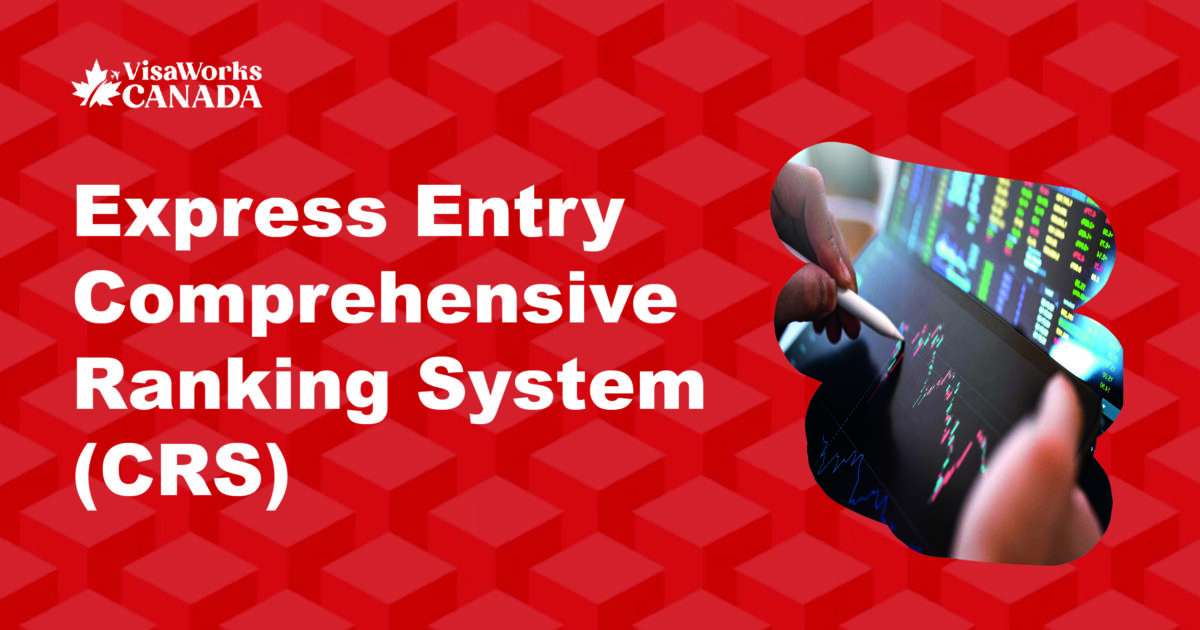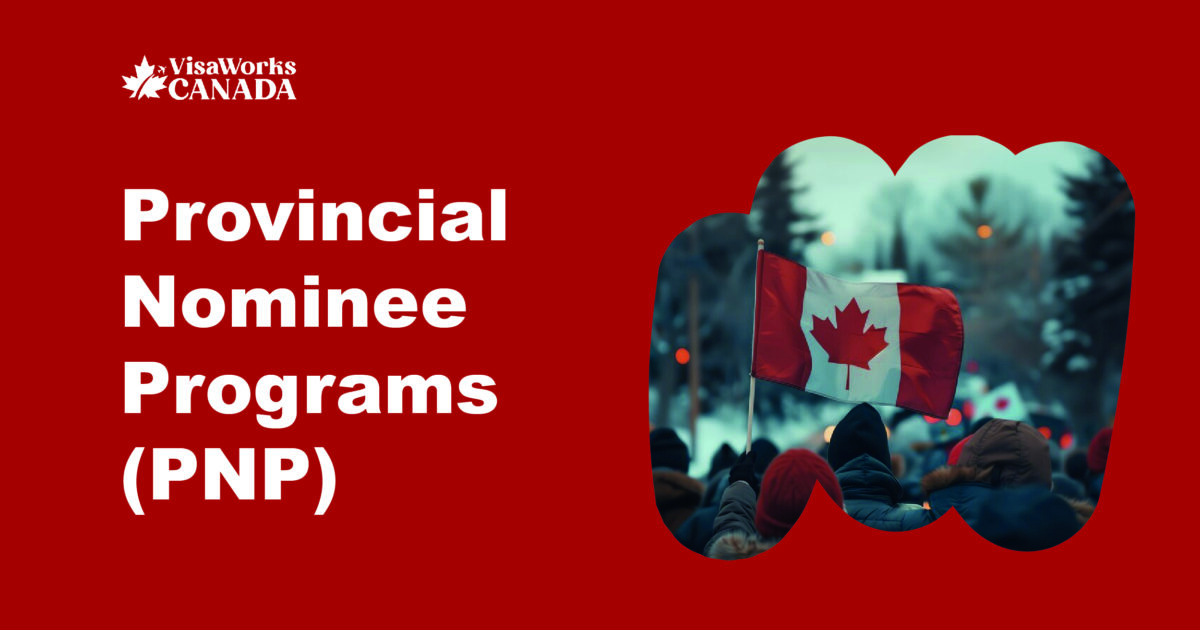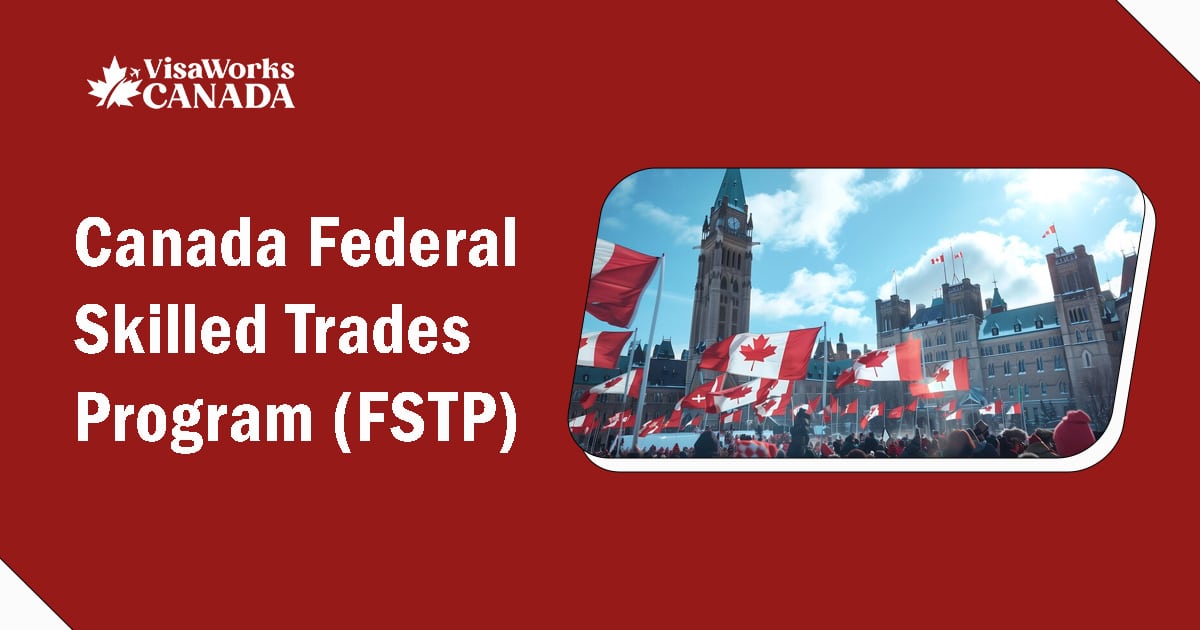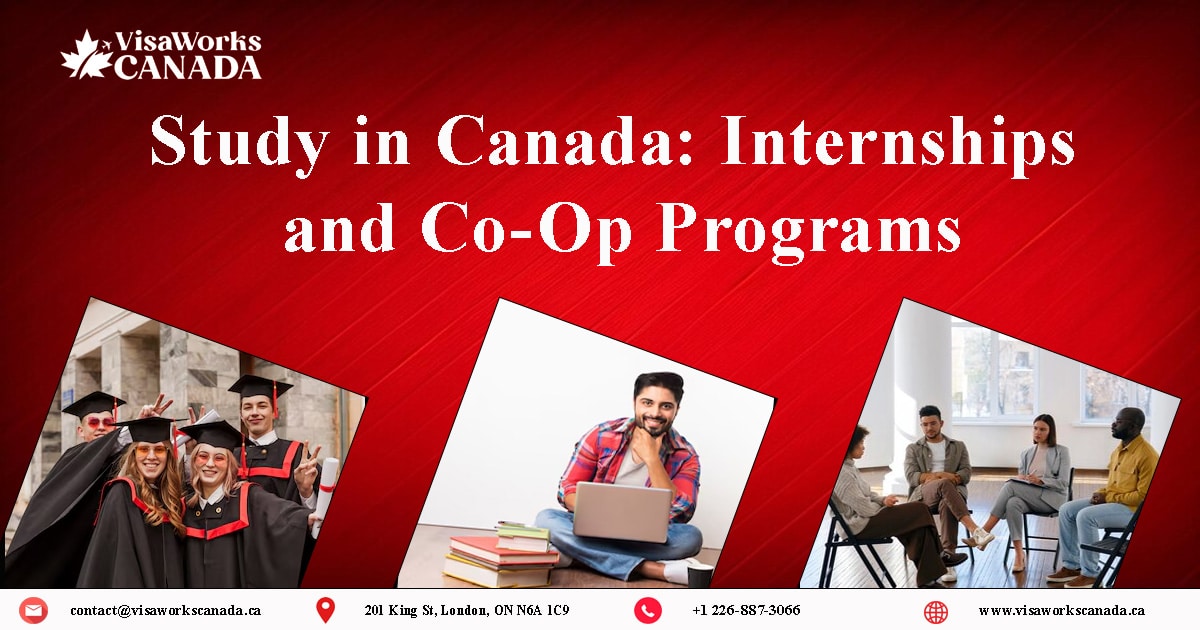Canada’s job market is rapidly evolving, driven by technological advancements, demographic shifts, and the ongoing need for skilled professionals across various sectors. Whether you are a healthcare worker, a tradesperson, or a tech expert, the demand for your skills is at an all-time high. At VisaWorks Canada Ltd., we understand the importance of finding the right career path that not only aligns with your expertise but also offers strong opportunities for immigration.
In this guide, we present the top 10 in-demand jobs in Canada, highlighting professions that are crucial to the country’s economic growth and social well-being. These careers not only offer excellent job prospects but also provide clear pathways to permanent residency through various immigration programs. Whether you’re considering a move to Canada or looking to advance your career within the country, these in-demand roles could be your ticket to a prosperous future.
Explore the opportunities that await you in Canada’s dynamic workforce and learn how VisaWorks Canada Ltd. can assist you in making your dream of living and working in Canada a reality.
These careers not only offer excellent employment opportunities but also provide strong pathways for immigration to Canada.
1. Registered Nurse (RN): Pillars of Canadian Healthcare
Registered Nurses are essential to the Canadian healthcare system, which continues to experience high demand due to the pandemic and an aging population. As a Registered Nurse, you will play a critical role in patient care, and your skills will be highly sought after across the country. Many provinces actively recruit experienced nurses through targeted Provincial Nominee Programs (PNPs), providing a clear path to permanent residency.
Education Required: Bachelor’s degree in Nursing and registration with a provincial or territorial regulatory authority.
Professional Areas: Northwest Territories, Nunavut, and Yukon
2. Web Developers: Shaping the Digital Future
Web developers are crucial in building and maintaining the digital infrastructure that drives Canada’s booming tech industry. Whether your expertise lies in front-end user interfaces or complex back-end systems, there are numerous opportunities to advance your career in Canada. The Global Talent Stream and various PNPs provide fast-track immigration options for tech professionals.
Education Required: Bachelor’s degree in Computer Science or a related field.
Professional Areas: Ontario, Alberta, and Manitoba
3. Electrical Engineer: Powering Canada’s Growth
Electrical engineers are key to developing and maintaining Canada’s energy and infrastructure projects. This role requires expertise in designing, analyzing, and ensuring the safety of electrical systems, making it vital across multiple industries. With Canada’s ongoing focus on sustainable energy, the demand for skilled electrical engineers is expected to grow.
Education Required: Bachelor of Science in Electrical Engineering.
Professional Areas: Alberta, Newfoundland & Labrador, and Saskatchewan
4. Truck Driver: The Backbone of Canadian Logistics
Truck drivers are integral to Canada’s supply chain, ensuring the timely delivery of goods across the country. The high demand for commercial drivers offers excellent job security and opportunities, especially in regions with significant logistics operations. For those willing to embark on a career in trucking, Canada provides a welcoming environment and strong support.
Education Required: Completion of truck driver training and appropriate licensing with endorsements.
Professional Areas: British Columbia, New Brunswick, Prince Edward Island, and Nova Scotia
5. Welder: Forging a Bright Future
Welders are in high demand across Canada, particularly in the manufacturing and construction sectors. This skilled trade is essential for building and maintaining the infrastructure that supports the Canadian economy. Employers are eager to attract experienced welders, making it a promising career choice for skilled tradespeople looking to immigrate.
Education Required: Onsite training and/or a welding certificate from a recognized institution.
Professional Areas: Alberta, Saskatchewan, and British Columbia
6. Veterinarian (Vet): Caring for Canada’s Pets
Veterinarians are essential to the well-being of Canada’s beloved pets. With a shortage of qualified vets across the country, there is a high demand for professionals in this field. Provinces are actively seeking experienced veterinarians through PNPs, making it an attractive pathway for those in the veterinary profession.
Education Required: Doctor of Veterinary Medicine (DVM) and a veterinary license from a provincial/territorial regulatory body.
Professional Areas: Saskatchewan, Edmonton, and Calgary
7. Licensed Practical Nurse (LPN): Supporting Canada’s Healthcare Needs
Licensed Practical Nurses provide critical support within Canada’s healthcare system, especially as the demand for healthcare services continues to grow. This profession offers numerous opportunities for advancement and is highly valued in many regions across Canada.
Education Required: Diploma in Practical Nursing and registration with a provincial or territorial regulatory authority.
Professional Areas: Manitoba, Alberta, and Saskatchewan
8. Industrial Electrician: Keeping the Lights On
Industrial electricians play a vital role in maintaining the electrical systems that power Canada’s industries. With the expansion of manufacturing and industrial operations, there is a consistent demand for skilled electricians who can keep these systems running smoothly and safely.
Education Required: Trade certification in Industrial Electrical Systems, often combined with onsite training.
Professional Areas: Alberta, Newfoundland & Labrador, and Saskatchewan
9. Pharmacist: Guardians of Public Health
Pharmacists are crucial to Canada’s healthcare system, ensuring the safe distribution of medications and providing expert advice on their use. As the population ages and healthcare services expand, the demand for pharmacists continues to rise, making it a stable and rewarding career.
Education Required: Degree in Pharmacy, certification by the Pharmacy Examining Board of Canada (PEBC), and provincial registration.
Professional Areas: British Columbia, Quebec, and New Brunswick
10. Accountant: The Financial Architects
Accountants are essential to the financial health of businesses across Canada. As companies continue to grow in the post-pandemic economy, the need for skilled accountants is increasing. This profession offers diverse opportunities for specialization and advancement.
Education Required: Diploma or Bachelor’s degree in Accounting, Finance, or a related field.
Professional Areas: Alberta, British Columbia, and Quebec
Explore Our Services
Working in Canada: Your Gateway to a Prosperous Future
At VisaWorks Canada Ltd., we believe that the right job is your gateway to a successful future in Canada. The Express Entry system, along with various Provincial Nominee Programs (PNPs), provides fast and efficient pathways to permanent residence for skilled workers. With Canada’s immigration targets on the rise, there’s no better time to explore your opportunities.
Why Choose Canada?
Canada offers a high quality of life, excellent healthcare, and a welcoming environment for newcomers. Whether you’re in healthcare, trades, or tech, there’s a place for you in Canada’s diverse and dynamic workforce.
How VisaWorks Canada Ltd. Can Help
The immigration process can be complex, but with our expert guidance, you’ll have a clear path to success. We offer personalized advice tailored to your profession and experience, ensuring that you have the best possible chance of achieving your Canadian dream.
Take the First Step
Don’t wait—start your journey to a prosperous future in Canada today. Contact VisaWorks Canada Ltd. to learn more about how we can help you secure your place in one of the world’s most desirable countries.
